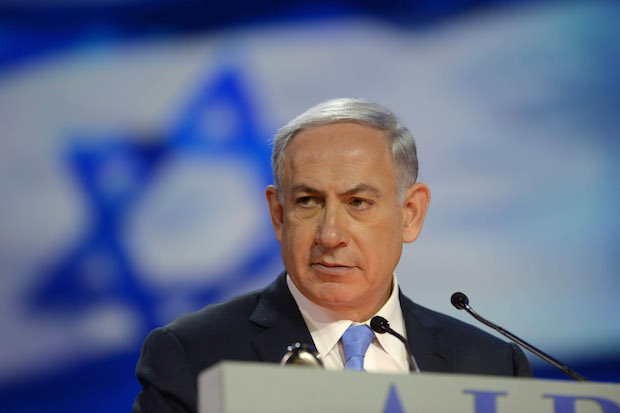Spain, Finland, Russia: in the space of a few days, Europe is reminded, yet again, that terrorism – like the virus it is – kills brutally, indiscriminately and, critically, transnationally.
On Thursday, August 17, a van rammed into crowds of people in Barcelona’s Las Ramblas boulevard – a hub of tourism and social life. Thirteen were killed with dozens more injured. The atrocity was followed by a knife attack the very next day in the Finnish city of Turku, which killed two people and injured eight. Another knife attack, this time in the Siberian city of Surgut on the 19 August, injured eight. Islamic State has claimed responsibly for all the attacks.
In a democratic society based on liberal values it is impossible to stop every madman that wishes us harm. Sadiq Khan was criticised but right when he said that the threat of terror attacks was now ‘part and parcel of living in a big city’. If you want total security move to North Korea.
Recent terror ‘successes’, however, are more to do with state failings than terrorist brilliance. In too many countries counter-terrorism measures are still insufficient. And the reason is simple: We are fighting 21st century terrorism with 20th century methods. Nonetheless, more can, and must, be done. One country, above all, has the method and the solution: Israel.
This little country of eight million has been dealing with terrorism since the state’s inception 70 years ago. From airline hijackings to suicide bombers to stabbings, shooting and vehicle attacks, Israel has seen them all – and has adapted accordingly.
Pini Schiff, Israeli Former Head of Security at the Israel Airports Authority believes the most pressing change that Europe needs to make is at the intelligence level. ‘Both the U.K. and France, for example, have really professional agencies,’ he says, ‘but that is not enough. There is not enough communication between intelligence agencies across Europe, like there is between all branches of the Israeli security services. It needs to be a ‘one nation’ intelligence community.’
He’s right. The horrific attacks in Brussels in March 2016 that killed 32 people were, in part, enabled by the absurdity of a city with a population of 1.5 million having six police forces, which didn’t communicate properly with one another. This led to major intelligence failings. While an extreme case, this sort of senseless de-centralisation is what allowed the attackers to slip through and it is present (to far lesser degrees) across Europe
European countries must now come together as one to combat terror – be it far right or jihadist. Both Interpol and Europol are European-wide police agencies focusing on a wide array of criminal activities. In January 2016, the European Counterterrorism Centre was set up as an organ of Europol. It is clearly failing. It must become autonomous and receive increased funding.
Intelligence is the first level at which terror must be fought. But the war is now also on the streets. Urban centres are the new battleground. As an Israeli counter-terrorism official (who cannot be named due to the sensitivity of his work) told me: ‘simple things, like placing bollards and barriers at strategic points in major centres can almost eliminate the possibility of vehicle rammings’.
But the most important changes must come at the level of education. A principle problem with terror is that it forces us into ever more intrusive legislation. An educated public can relieve the burden. As the counterterrorism official explains: ‘In the 21st century we have witnessed the new phenomenon of the lone wolf: Someone not part of a cell, someone who doesn’t buy guns or explosives and is therefore much harder to track.’
If someone can now be radicalised just by going on the internet, what can be done? Well, for a start, in Israel, the police have a dedicated Facebook page where people can report terrorist content they find posted on social media, and, critically, all of which is checked. It has saved lives.
Combating the threat of the lone wolf – and avoiding more draconian anti-terror legislation – comes with greater public awareness.
‘If, for example, you see your neighbour going out at 3am every night or see him or her buying a lot of knives, or carrying a suspicious backpack. Look at Anders Breivik,’ the counterterrorism official concludes, ‘all the red flags were there before and no one did anything. People need the courage to speak up. Every tip can lead the authorities to something much bigger.’







Comments